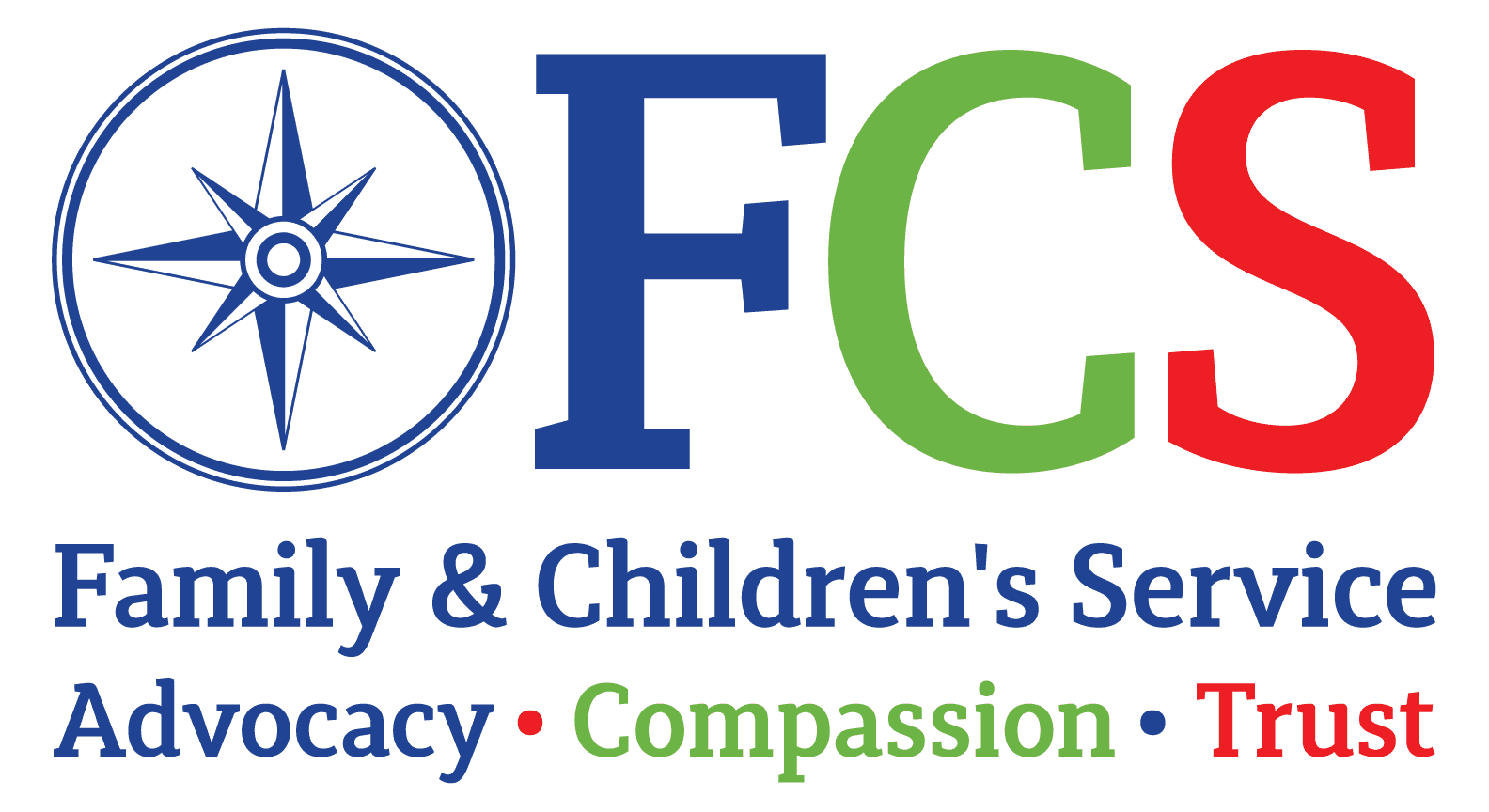
Perhaps you’ve started to notice that mom’s getting more and more forgetful. Her once organized house seems a bit less tidy and she is even missing important appointments. And dad’s not getting around like he used to. Getting up from a chair is harder for him and he seems unsure and unbalanced walking. You notice these changes, but aren’t sure if it’s anything to worry about, or what to do.
As parents get older sometimes roles are reversed and the adult child assumes the responsibilities of parenting. We want our parents to live long, healthy and happy lives and we want them to make the best decisions for themselves. However it can sometimes be hard to understand a parent’s changing needs.
It is important to observe your parent’s current health and their ability to perform the tasks of daily living in order to recognize when help is needed. Here are 15 warning signs that may indicate your parents need help at home:
- Forgetfulness
- Unexplained dents or scratches on the car
- Confusion performing every day tasks
- Missing important appointments
- Noticeable decline of home cleanliness
- Weight loss
- Unexplained bruises or burns
- Scorched pans
- Mail stacking up and unpaid bills
- Change in grooming such as showering infrequently
- Difficulty walking, balance, mobility
- Trouble with driving
- Forgetting medications or not refilling prescriptions
- A change in social behavior
- Symptoms of depression such as loss of interest in activities
If you notice any of these signs, a call to a home health agency can make all the difference.
Kathleen Vourlos, Director of Nursing at Family & Children’s Service Home Care Services says home care is the best way for many individuals to preserve their independence and remain in the comfort of their own homes. Home care services are typically tailored to fit the needs of each person. One person may need just someone to check on them and keep them company, while someone else may need full time care.
“An invitation to provide care in someone’s home is both a privilege and a responsibility,” Kathleen says. “Our registered nurses, certified home health aides (CHHAs) and supportive care staff take that responsibility seriously. We work closely with individuals, families, medical professionals and referral agencies to develop a personal plan of care for each client.”
Keep in mind that your parents may tell you that everything is fine. They may also be quite resistant to change. These are normal responses, as parents often don’t want their children to worry or feel burdened and they want to be in control. It is important to put yourself in your parent’s shoes and treat them, as you would want to be treated. Respect, care and sensitivity should be used. Discussions with parents about their wishes as early as possible will make things go more smoothly down the line. When issues arise, talking to them calmly with specific examples of any issues you observe along with including them in formulating solutions will help the process.
For more than a century, Family & Children’s Service has been an essential and reliable community resource for individuals and families who need a helping hand. We have been providing home care services to elderly and disabled clients in Monmouth County for nearly 60 years. If you have questions about whether home care is right choice for you or your parent, contact us at 732-222-9111.
